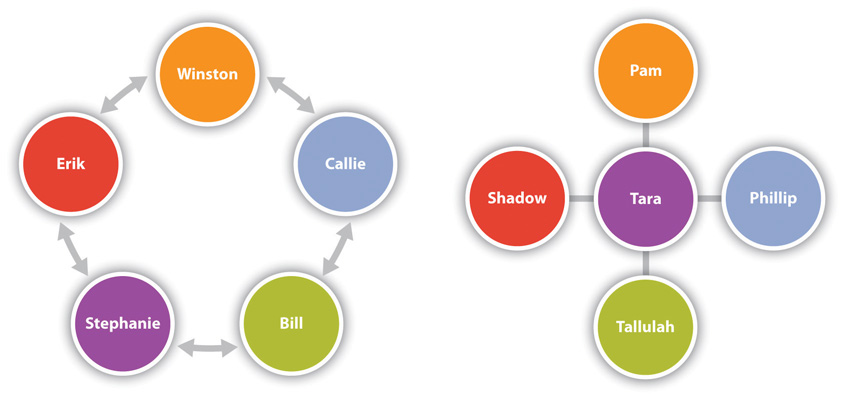Newspapers and Books
Newspapers and books can be excellent sources but must still be evaluated for relevance and credibility. Newspapers are good for topics that are developing quickly, as they are updated daily. While there are well-known newspapers of record like the New York Times, smaller local papers can also be credible and relevant if your speech topic doesn’t have national or international reach. You can access local, national, and international newspapers through electronic databases like LexisNexis. If a search result comes up that doesn’t have a byline with an author’s name or an organization like the Associated Press or Reuters cited, then it might be an editorial. Editorials may also have bylines, which make them look like traditional newspaper articles even though they are opinion based. It is important to distinguish between news articles and editorials because editorials are usually not objective and do not go through the same review process that a news story does before it’s published. It’s also important to know the background of your paper. Some newspapers are more tabloid focused or may be published by a specific interest group that has an agenda and biases. So it’s usually better to go with a newspaper that is recognized as the newspaper of record for a particular area.
Books are good for a variety of subjects and are useful for in-depth research that you can’t get as regularly from newspapers or magazines. Edited books with multiple chapters by different authors can be especially good to get a variety of perspectives on a topic.

Don’t assume that you can’t find a book relevant to a topic that is fairly recent, since books may be published within a year of a major event.
Source: Photo courtesy of Lin Kristensen,http://commons.wikimedia.org/wiki/File:Books_of_the_Past.jpg.
To evaluate the credibility of a book, you’ll want to know some things about the author. You can usually find this information at the front or back of the book. If an author is a credentialed and recognized expert in his or her area, the book will be more credible. But just because someone wrote a book on a subject doesn’t mean he or she is the most credible source. For example, a quick search online brings up many books related to public speaking that are written by people who have no formal training in communication or speech. While they may have public speaking experience that can help them get a book deal with a certain publisher, that alone wouldn’t qualify them to write a textbook, as textbook authors are expected to be credentialed experts—that is, people with experience and advanced training/degrees in their area. The publisher of a book can also be an indicator of credibility. Books published by university/academic presses (University of Chicago Press, Duke University Press) are considered more credible than books published by trade presses (Penguin, Random House), because they are often peer reviewed and they are not primarily profit driven.